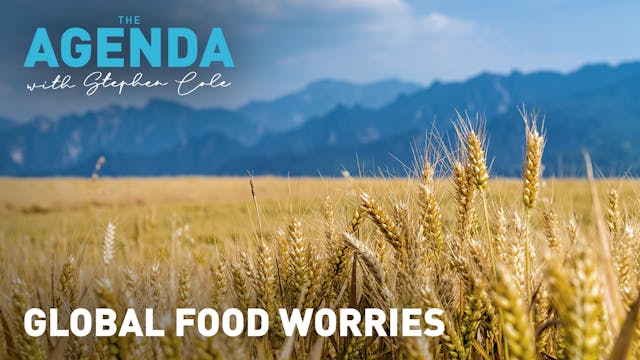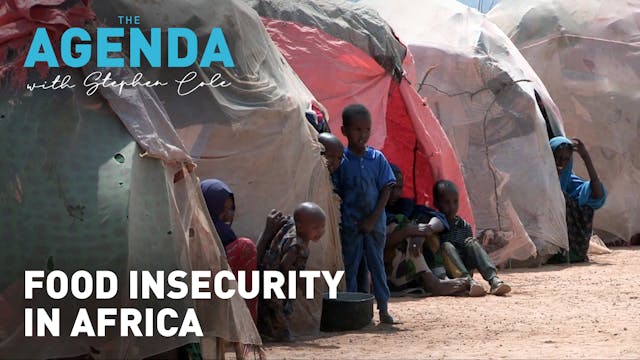The microplastics problem #TheAgenda
The Agenda
•
29m
It’s estimated there are now more than 5 trillion pieces of microplastic - that’s pieces of plastic less than 5mm long - polluting the world’s oceans. And as well as a risk to the environment, there’s now real cause for concern on their impact on human health.
Earlier this year scientists found evidence of microplastics in the human bloodstream and the lungs for the very first time. On this edition of The Agenda, Juliet Mann speaks to Dr Laura Sadofsky, Senior Lecturer in Respiratory Medicine at Hull York Medical School, one of those scientists about just how alarmed we should be about her findings.
She also talks to Declan McAdams, Co-Founder & Chair of Pinovo about his company’s invention which could have a major impact on preventing pollution from one of the biggest sources of microplastics – paint.
And she meets Emily Stevenson, Co-Founder of Beach Guardian, who began her fight against plastics aged just 11 – and is now part of a huge campaign to encourage people everywhere to clean up their local beaches.
Watch #TheAgenda in full and find out more at:
https://www.cgtn.com/europe/the-agenda 📲
Up Next in The Agenda
-
Metaverse Money: Bradley Duke, Founde...
WHAT’S THE ISSUE?
If the likes of investment bank Citi are to be believed, the metaverse represents a potential $8-$13 trillion opportunity by the end of this decade. It estimates by then there will be as many as 5 billion users working, playing and just hanging out in this new virtual world by t... -
Global food worries:economist at the ...
WHAT’S THE ISSUE?
Earlier this year, the World Food Programme had warned that the combination of climate change, Covid and conflicts in Ethiopia, Syria and Yemen constituted a perfect storm of food insecurity risk factors for the world’s poorest countries.
And then came the conflict in Ukraine – ... -
FOOD INSECURITY IN AFRICA - Ruth Oniy...
WHAT’S THE ISSUE?
Africa is already the world’s most food insecure continent. Acute food insecurity rose 60 percent in the year to February 2021 – largely as a result of the so-called three c’s – COVID, conflict and climate change.
But with Ukraine and Russia supplying millions of tonnes of wheat...



